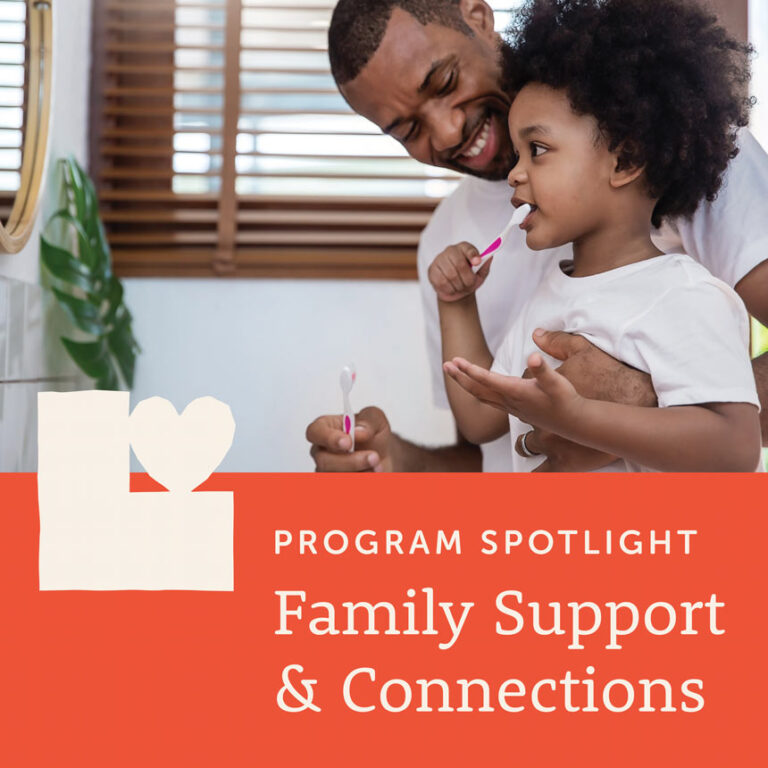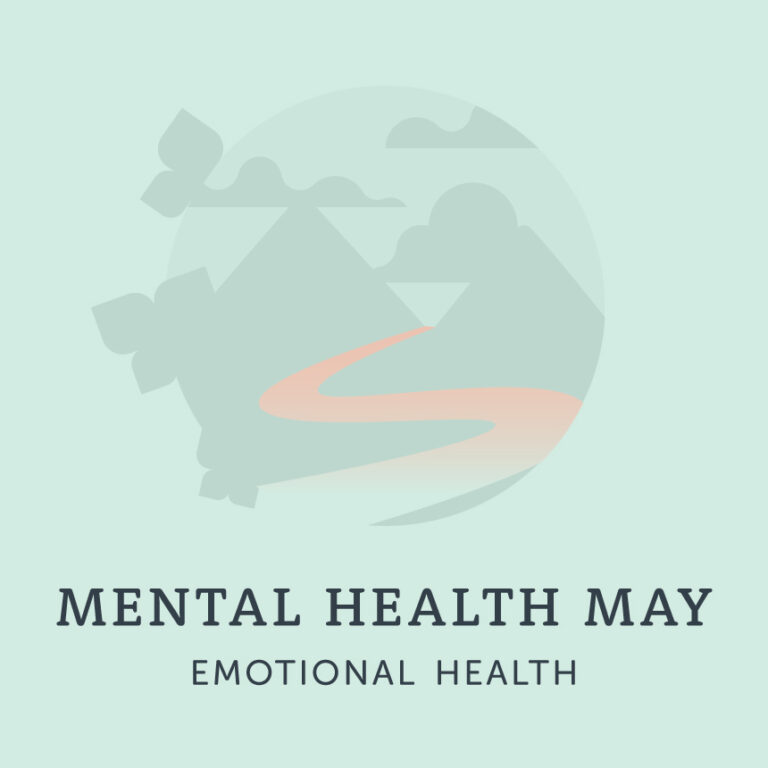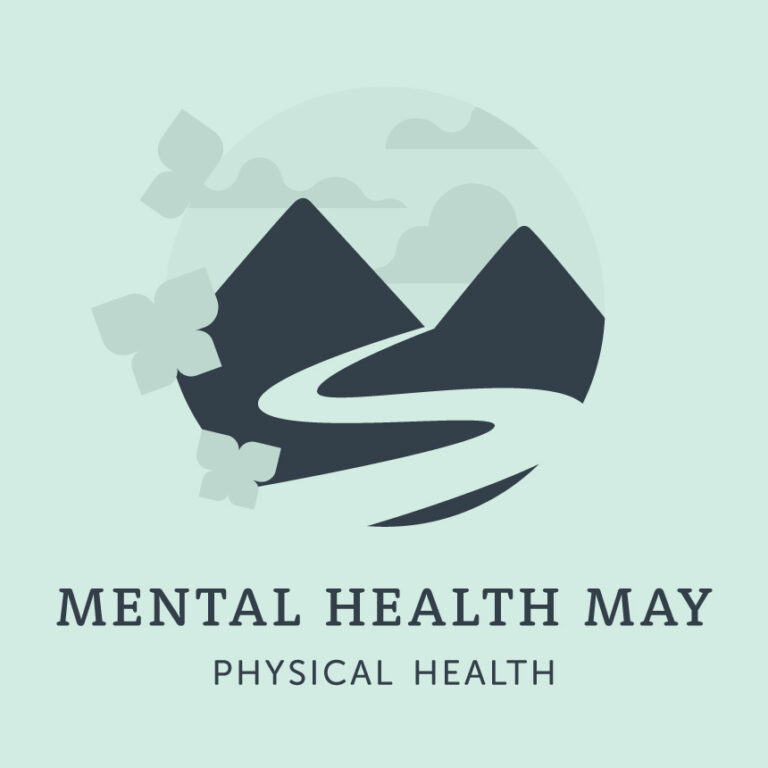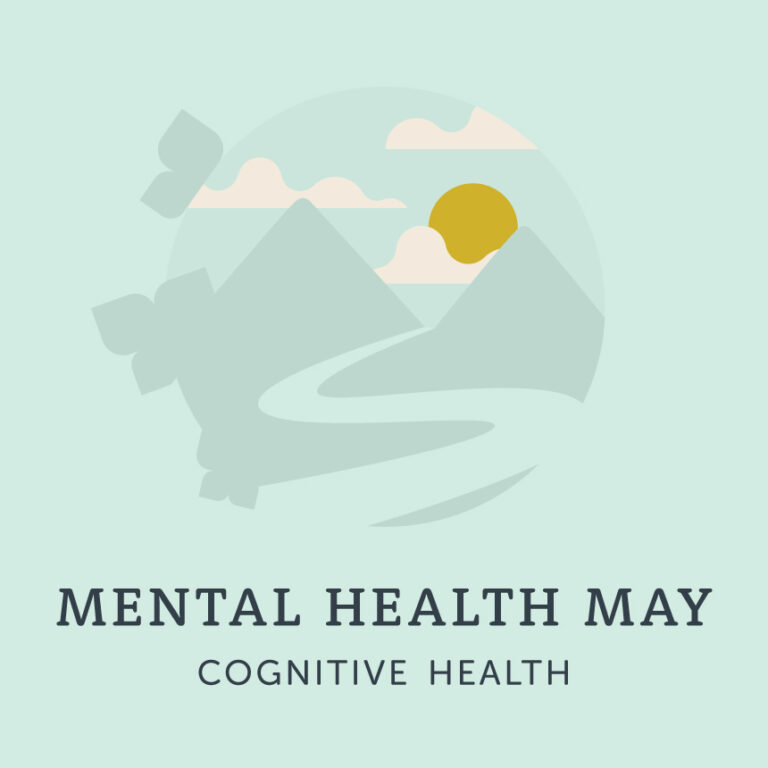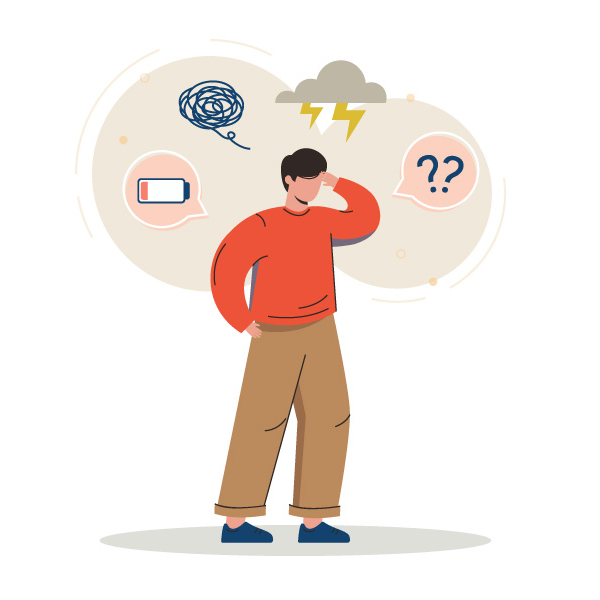
Learn How to Identify and Manage Anxiety and Depression
The causes of anxiety and depression are not always easy to pinpoint and typically vary from one person to the next. However, there are some common life circumstances that may be the cause of anxiety and depression in many cases.
- Stress within relationships
- Isolation and lack of support
- Stress from finances, work or school
- Ongoing illnesses and or physical pain
- Physically and emotionally traumatic events
- Uncertainty and or anticipation of a big life event or change
Anxiety and depression are specific to each person. Bringing awareness to the root or roots of your condition is the first step to understanding and getting control over it.
Let’s go over some of the common symptoms of anxiety and depression to help identify if you are experiencing one of these conditions.
Signs of Anxiety
Anxiety shows itself in our lives in ways both subtle and obvious. Identifying these behaviors in yourself will help you begin to take action to address the problem. This is important to help track where your anxiety is stemming from, which is the first step to gaining control over your anxiety. Common symptoms are:
- Feeling restless, wound-up or on-edge
- Being easily fatigued
- Having difficulty concentrating
- Being irritable
- Having headaches, muscle aches, stomachaches or unexplained pains
- Difficulty controlling feelings of worry
- Having sleep problems, such as difficulty falling or staying asleep
Other Anxiety Triggers
There are other types of anxiety that are sparked by specific situations, like social anxiety. With social anxiety, being in groups of people or around other people can be overwhelming and overstimulating.
Some people experience separation anxiety. Symptoms of anxiety spark when someone or something is missing from your presence. This is most commonly found in children.
There are also phobias, a type of anxiety that is triggered when a specific thing or situation is encountered.
Panic Attacks
Many people who experience anxiety may experience panic attacks. Panic attacks are like an extreme version of anxiety. Oftentimes, panic stems from anxiety building up, but usually, it feels very sudden and overpowering. The warning signs for panic attacks are:
- Pounding or racing heart
- Sweating
- Trembling or tingling
- Chest pain
- Feelings of impending doom
- Feelings of being out of control
- Dizziness
- Disorientation
Panic attacks can occur as frequently as several times a day or as rarely as a few times a year.
If you are experiencing panic attacks, there are some methods you can try to regain control, such as practicing meditative breathing, reducing stimulation, focusing on an object or task, or trying muscle relaxation techniques.
For more methods for gaining control over panic attacks, check out this article.
Signs of Depression
Depression is often misunderstood. Many people only associate feelings of sadness or hopelessness with depression. However, depression shows itself in a variety of ways. Here are some of the most common symptoms of depression:
- Feelings of sadness, tearfulness, emptiness or hopelessness
- Angry outbursts, irritability or frustration, even over small matters
- Loss of interest or pleasure in most or all normal activities
- Sleep disturbances, including insomnia or sleeping too much
- Tiredness and lack of energy, so even small tasks take extra effort
- Reduced appetite and weight loss or increased cravings for food and weight gain
- Anxiety, agitation or restlessness
- Slowed thinking, speaking or body movements
- Feelings of worthlessness or guilt, fixating on past failures or self-blame
- Trouble thinking, concentrating, making decisions, and remembering things
- Frequent or recurrent thoughts of death, suicidal thoughts, or suicide attempts
- Unexplained physical problems, such as back pain or headaches
How to Treat Anxiety and Depression?
Anxiety and depression can often be managed using similar methods. Here are things you can do to manage and control your symptoms.
1. Start seeing a therapist, psychiatrist or psychologist. This will have the biggest impact. Your counselor or doctor will help you understand what’s going on and develop a personalized treatment plan and coping mechanisms for your experiences. Some people may need a prescription, and that is not something to be ashamed of! Prescriptions have had a powerful impact on thousands of lives, changing them for the better.
2. Try mindfulness exercises. Meditation, breathing exercises, visualization, and similar practices help relax your body and mind. You don’t have to make yourself sit still – taking a long walk, dancing to your favorite song, or working on an art project are all constructive ways to cope.
3. Exercise regularly. When your fight-or-flight response is triggered, exercise gives your body a way to release stress and floods your body with endorphins – neurotransmitters that help you feel calmer and happier.
4. Eat a balanced diet. Eating a healthy diet with fewer processed foods and increasing your intake of lean proteins, fruits, vegetables, whole grains, and healthy fats can help reduce stress hormones. Foods to avoid are alcohol, caffeine, simple carbs and soda.
5. Schedule time off in your calendar. It may not always be easy to take a break. But research shows that when we push ourselves too hard, we start to deteriorate. Giving yourself time to recharge and focus on yourself is important to prevent burnout and poor mental and physical health.
6. Reach out to your community. If you’re struggling to juggle all your responsibilities, it’s okay to ask for help from friends, family and neighbors. You don’t have to shoulder every burden alone. The people who love you don’t want to see you suffer.
Typically, the best results come from pairing together several of these methods, and not everything works for everyone. That’s why it’s best to consult a professional to customize a treatment plan that works best for you.
How to Help Someone with Depression
We know it can be extremely challenging watching a loved one suffer from depression. The best way to help someone with depression is to be there for them without judgment. Encourage them to talk to you or others about what they’re feeling, and make them feel supported.
You Deserve to Be Happier
If anxiety and depression are controlling your life, and you want to take back control, we’re here to help. At LifeWorks NW, we provide mental health, addiction, depression and holistic health solutions for all levels of support that people need, when and how they need it.
We are a judgment-free community of welcoming people, and many of us have struggled with what you’re going through or know someone who has.
You deserve to live a higher quality of life. You deserve to feel more peace and happiness. For more information about our services or to make an appointment with us, please contact us here.




